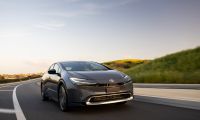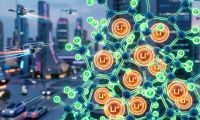As the automotive industry rapidly embraces electric vehicles (EVs), Toyota, a leading name in the automobile world, is making significant strides in the EV domain. Toyota's commitment to innovation and technological advancements has paved the way for promising developments to revolutionize the EV landscape. However, with groundbreaking technologies like solid-state batteries and silicon carbide wafers still on the horizon, potential buyers may find it prudent to delay their Toyota EV purchase until the first part of 2026 or 2027. This article explores the reasons behind this recommendation and the benefits these advancements will bring.
Solid-State Battery Technology: Faster Charging Times and Increased Range
Toyota's ambitious plans involve using solid-state battery technology, promising remarkable charging times and range improvements. By 2028, Toyota aims to achieve a mere 10-minute charge time and an astonishing 900-mile range. These advancements would alleviate one of the major concerns surrounding EVs—range anxiety—and make electric vehicles a more viable and convenient option for consumers. By waiting to implement solid-state batteries, potential buyers can enjoy the benefits of faster charging and extended driving ranges.
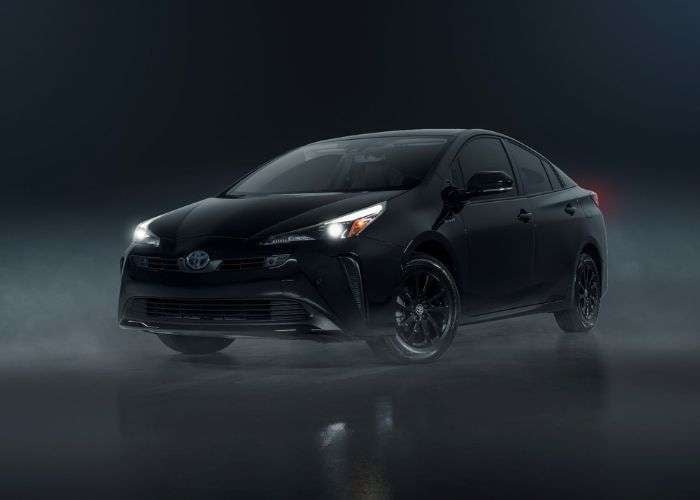 photo credit: pressroom.toyota.com
photo credit: pressroom.toyota.com
Silicon Carbide Wafers (SiC): Reduced Energy Consumption
Another groundbreaking advancement on Toyota's EV roadmap is the integration of silicon carbide wafers (SiC). This cutting-edge technology enables a 50% reduction in energy consumption, significantly enhancing the efficiency of electric vehicles. The use of SiC wafers helps minimize energy losses during power conversion, resulting in improved overall performance and increased battery range. By waiting for the integration of SiC wafers, prospective buyers can access more energy-efficient vehicles that deliver better mileage and a reduced carbon footprint.
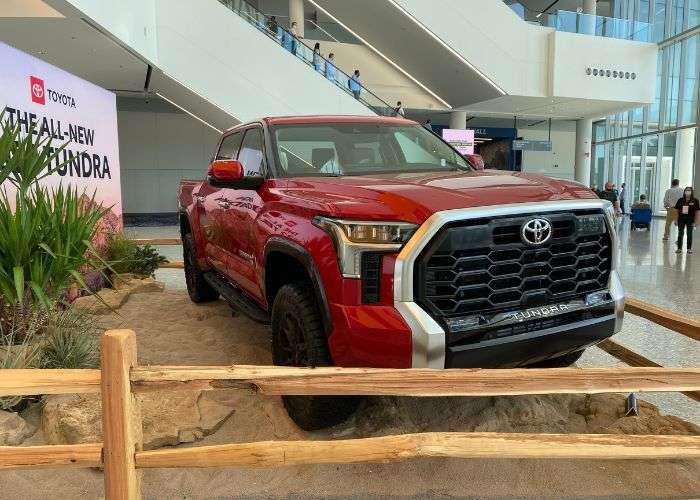 Photo credit: Peter Neilson
Photo credit: Peter Neilson
Optimizing the Timing of Purchase
While these technological advancements offer enticing prospects for the future of Toyota EVs, it is important to consider the timing of one's purchase. As the first part of 2026 or 2027 approaches, Toyota's advancements in solid-state batteries and SiC wafers are expected to be fully operational, ensuring seamless integration into their EV lineup. By delaying their purchase until this period, consumers can benefit from the optimized performance, enhanced range, and reduced energy consumption offered by these advanced technologies.
Decreased Production Costs and Lower Vehicle Prices
Toyota's commitment to innovation not only aims to enhance the performance and efficiency of its EVs but also seeks to decrease the overall cost of production. As these advancements in solid-state batteries and SiC wafers become mainstream, economies of scale will come into play, resulting in reduced manufacturing costs. The cost savings achieved through these technologies are expected to translate into more affordable electric vehicles for end-users. Waiting for these advancements to be fully integrated into Toyota's production processes can allow potential buyers to enjoy the benefits of lower-priced EVs without compromising on performance.
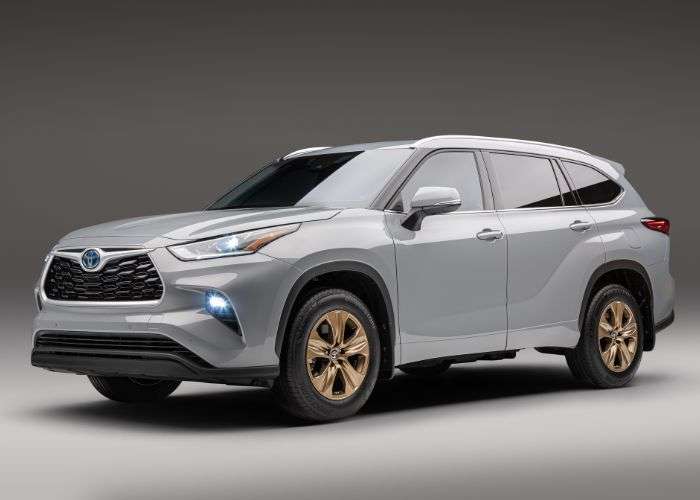 photo credit: pressroom.toyota.com
photo credit: pressroom.toyota.com
Conclusion:
Toyota's pursuit of advanced technologies, such as solid-state batteries and SiC wafers, demonstrates their commitment to shaping the future of electric vehicles. By waiting until the first part of 2026 or 2027 to purchase a Toyota EV, consumers can take advantage of faster charging times, increased range, reduced energy consumption, and lower vehicle prices. These advancements signify a pivotal moment in the evolution of EVs, making it advisable to hold off on buying a Toyota EV until these technologies become fully operational. By exercising patience, prospective buyers can embrace the next generation of electric vehicles and experience the optimal blend of performance, efficiency, and affordability.
Thank you for embarking on this journey with us. Together, let's continue exploring, discovering, and unlocking new horizons. Stay tuned for more captivating content to fuel your curiosity and inspire your imagination. We appreciate your readership and look forward to you joining us on our next adventure. Until then, keep dreaming, reading, and coming back for more!
A recent video tweet by a famous Tesla blogger from China claims that this new Tesla store in Chongqing, China, is the best in the world. The video of the store is going viral. The store, which is located in the Chongqing-JIEFANGBEI Starlight Plaza, features a 3D ground painting that combines the Tesla Gigafactory Shanghai and Chongqing landmarks.
Peter Neilson is an automotive consultant specializing in electric cars and hybrid battery technologies. He holds a Bachelor of Science in Automotive Service Technology from Weber State University. Peter can be reached on Linkedin and you can tweet him at The_hybrid_guy on Twitter. Find his page on Facebook at Certified Auto Consulting. Read more of Peter's stories at Toyota news coverage on Torque News. Search Toyota Prius Torque News for more in-depth Prius coverage from our reporter.
Set Torque News as Preferred Source on Google







